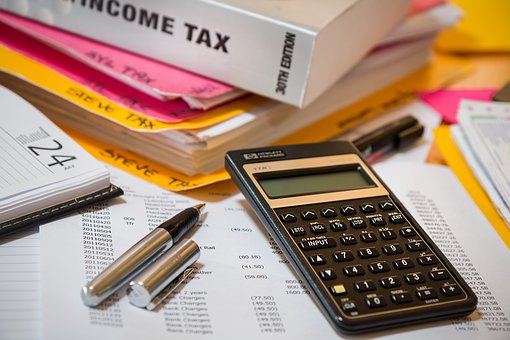Self-assessment guide to small business.

Any person who runs a business needs to pay taxes; you must submit a tax return to your tax office. When you start your business, you must register as self-employed and file the self-assessment tax return each year. It is by law, you have to file your tax return if you are a sole trader or in partnership in business and for a business as a limited company.
Do I need to register and pay taxes through self-assessment?
Most self-employed who run a business must file the tax return and pay their tax on time each year. It includes sole independent traders and those in a business partnership.
The limited company’s directors need to pay tax on salary and dividends received through the company. If you are on the PAYE of your company and receive compensation already taxed, you need not file a return at the end of the year.
You consider yourself self-employed if you run your business and are responsible for its success or failure.
You need to send a tax return and pay your tax bill through Self-Assessment if, in the last tax year, you were:
Self-assessment guide to small business.
- A self-employed sole trader
- A partner in a business partnership
In addition, you need to send a return if you have untaxed income during the same year.
- Renting out a property
- Tips and commission
- Savings, investments, and dividends
- Foreign Income
What self-employment tax do I need to pay?
Income Tax – The tax that you pay through your annual Self-Assessment return and with National Insurance
How does the Self-Assessment process work?
You need to register for Self-Assessment and file a tax return; the process is mostly the same whether you are a freelancer, contractor, sole trader, or business owner.
Registering for Self-Assessment if you’re newly self-employed
Register with HMRC for Self-Assessment by 5 October in your business’s second tax year. HMRC might fine you if you do not register by this deadline.
To register for Self-Assessment, visit the gov. uk registration page and submit your details.

Registering for Self-Assessment should also give you a Government Gateway user ID, which you can then use to set up your tax account and log online to submit your return.
Tax return online deadline
The deadline for submitting your tax return online is 31 January. The deadline for paper returns is earlier – 31 October.
Therefore, for the 2018-19 tax year, which ended in April 2019, the deadline for paper tax returns is 31 October 2019, and the timeline for online tax returns is 31 January 2020.
After submitting your tax return, you need to pay the tax you owe by 31 January 2020. If you do not make the payment, HMRC can fine you for missing payments.
If you are worried about being able to pay the tax you owe, contact and ask them to allow you to pay by direct debit monthly.
How do I do my Self-Assessment?
Before filling in your tax return, you will need all the information you have about your earnings for the tax year and the details of any expenses you want to deduct from your tax return.
You will also need your UTR (unique taxpayer reference) number to file your tax return. It is a reference number assigned to you when you register for Self-Assessment. You can find that in all the letters from your tax office.
What are the allowable expenses for small businesses?
When you are self-employed, you can claim several costs against your Self-Assessment tax bill as long as they are allowable expenses.
These are the main ones small businesses can claim:
- Office costs such as stationery or phone bills
- Travel costs such as fuel, parking, and some train or bus fares
- Clothing expenses such as uniforms
- Staff costs, such as salaries or subcontractor costs
- Things you buy to sell, such as stock or raw materials
- Financial losses such as insurance or bank charges
- Costs of your business premises, such as heating, lighting, and business rates
- Advertising and marketing, such as website costs
Self-assessment guide to small business.
It is important to note that you can still claim business premises costs, but only a percentage if you work from home. You can claim back for things like:
- Heating
- Electricity
- Council Tax
- Mortgage interest or rent
- Internet and telephone use
